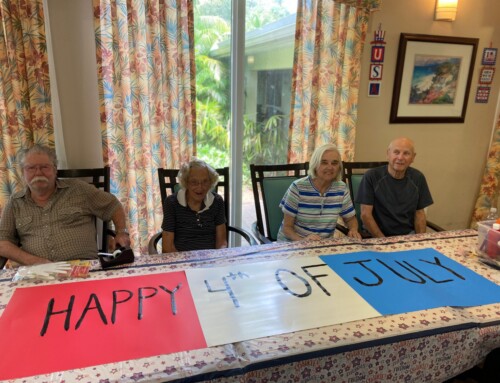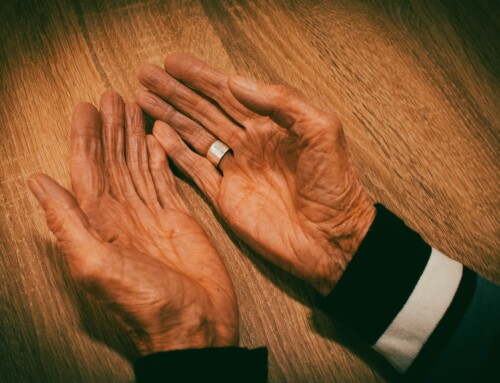Criminals are often as smart as they are manipulative, and tend to be a few steps ahead when it comes to dragging unaware individuals into their scams. Each of us, not just senior citizens, typically become victims when not informed of the dangers. However, scam artists are notorious for targeting the elderly, and in the midst of this pandemic, they are taking full advantage of the stress, uncertainty, and lack of information. COVID scams are on the rise, so here are some tips to protect your loved one.
The elderly also often have another character trait which draws the criminals – they grew up in a different time, and tend to exhibit more trust and goodwill. Their experience is not a society full of ill-intentioned people, nor do they often operate in distrust. In the confusion caused by the pandemic, senior citizens have been concentrating more on their health and well-being. They may not be able to recognize a scammer who genuinely seems to be offering assistance. Here’s a helpful list of some of the COVID-19 scams that experts are warning us of.
Government Stimulus Checks: The federal stimulus plan kick-started a tidal wave of predatory schemes, which took advantage the confusing narrative and political chaos on who will receive how much. Most individuals, not only senior citizens, are not sure of how it all works. In reaction to the influx of scammers, the Federal Trade Commission released a list of factors you can use to identify a scam.
The government will never ask for a fee in order to receive your stimulus money. There are no fees or charges for this stimulus. If anyone is requiring any payment – it is a scheme. The government will not initiate contact and ask for a Social Security number, bank account, or credit card number. If you receive such an incoming call, it is a scam.
COVID Scams / Safety Tips: Individuals should never give their financial data to anyone claiming that they are associated with the government, banking institutions, or other organizations in regards to the COVID-19 economic stimulus plan. As a general rule, no one should give this information to anyone who initiates contact in any way, even if not in connection with COVID-19 pandemic.
Medications & Vaccines: Although the vaccination is now being distributed, some are still waiting for their opportunity to get vaccinated. If anyone other than your normal medical provider approaches you claiming that they can provide a vaccination or “pre-market” treatment, it is likely a scam. Check with the CDC Center for Disease Control, the World Health Organization, and your own physician for factual information on vaccinations and treatment options.
Charitable Donations: Local charitable efforts are often looking for volunteers and financial donations, and it seems that is even more the case during the pandemic. Criminals take this opportunity to act as honest and philanthropic, pretending to raise money for the needy, or distributing food, water or medical supplies. They prey on the good will of people who genuinely desire to help ease pain, using the pandemic as a reason. Senior citizens should never give money to someone who asks for donations without knowing exactly who or what the charity is – in other words, someone you trusted before the pandemic. Trusted charities can be found on Charity Navigator and Charity Watch . You can also check the Better Business Bureau for local charities which are established in the community and will put your money to work in a righteous manner.
Online Scams & Phishing Email: Phishing scams come through over email. These schemes are developed to amass personal data such as Social Security numbers and banking information. This information is often utilized to apply for new credit cards, illegally accessing bank accounts, and buying items online. Scammers are using the worldwide health crisis to stoke their online criminal efforts by stealing the identity of trusted organizations or creating new entities that seem legitimate simply by purchasing domain names that are related to COVID-19. Many seniors simply don’t realize that obtaining an official looking domain name takes only a few minutes.
The easiest way to ensure an email is legitimate and from a trusted source, is to hover your cursor over the link without clicking on it. If the email link looks suspicious, it is. Never click on any links that are not from a trusted source. If you believe you are a victim of fraud, call the United States Department of Justice at (866) 720-5721.
A Banyan Residence is committed to the safety and security of all our residents during the COVID -19 health crisis. For more information on how we are handling the pandemic in our facilities, click here.








